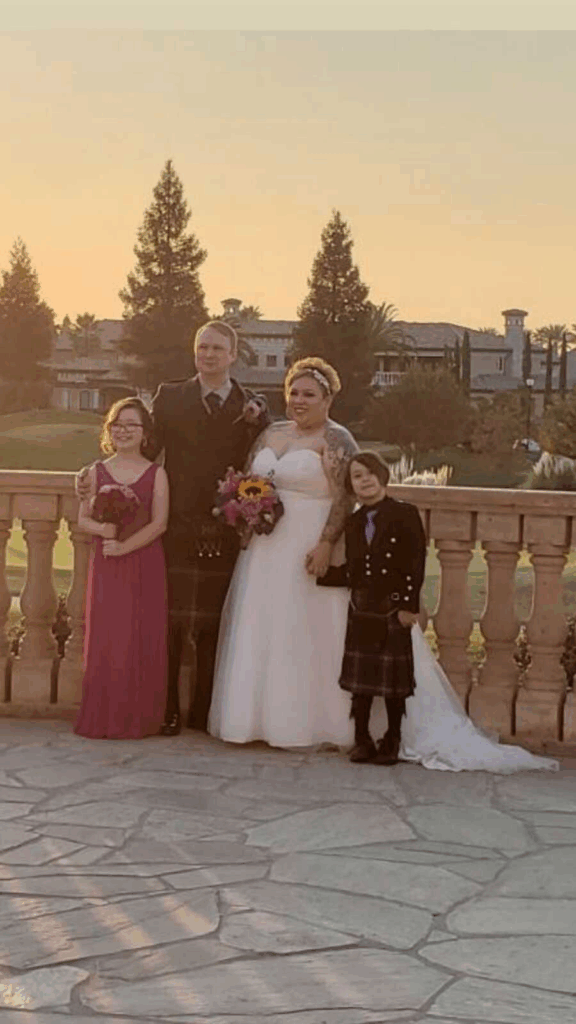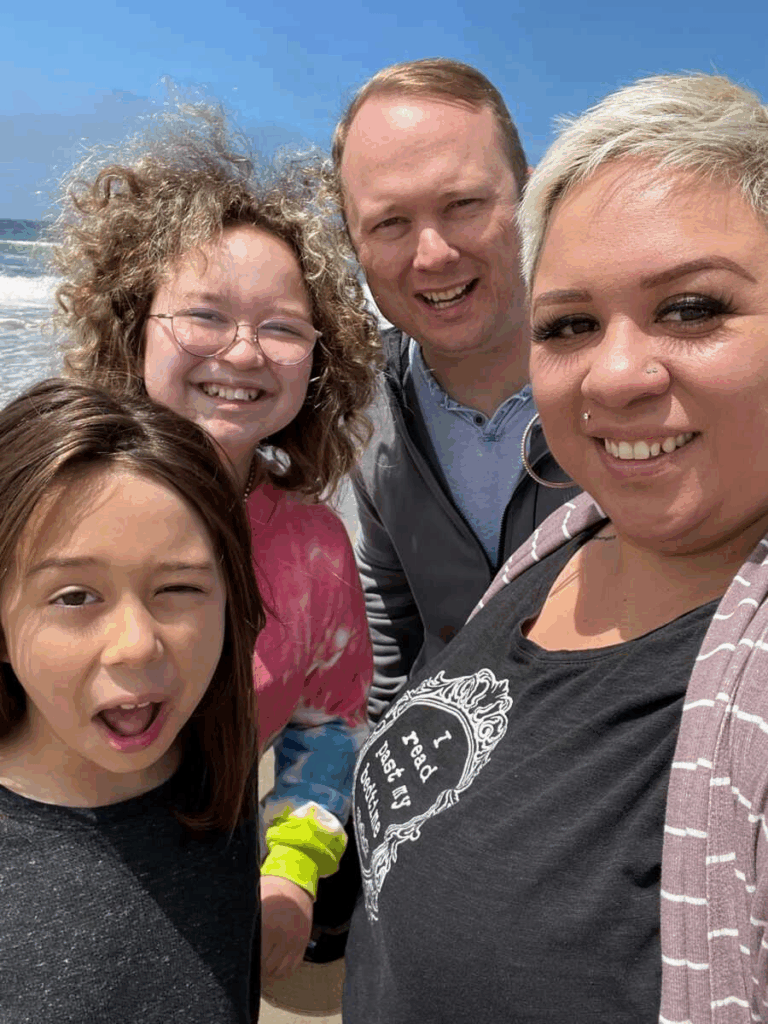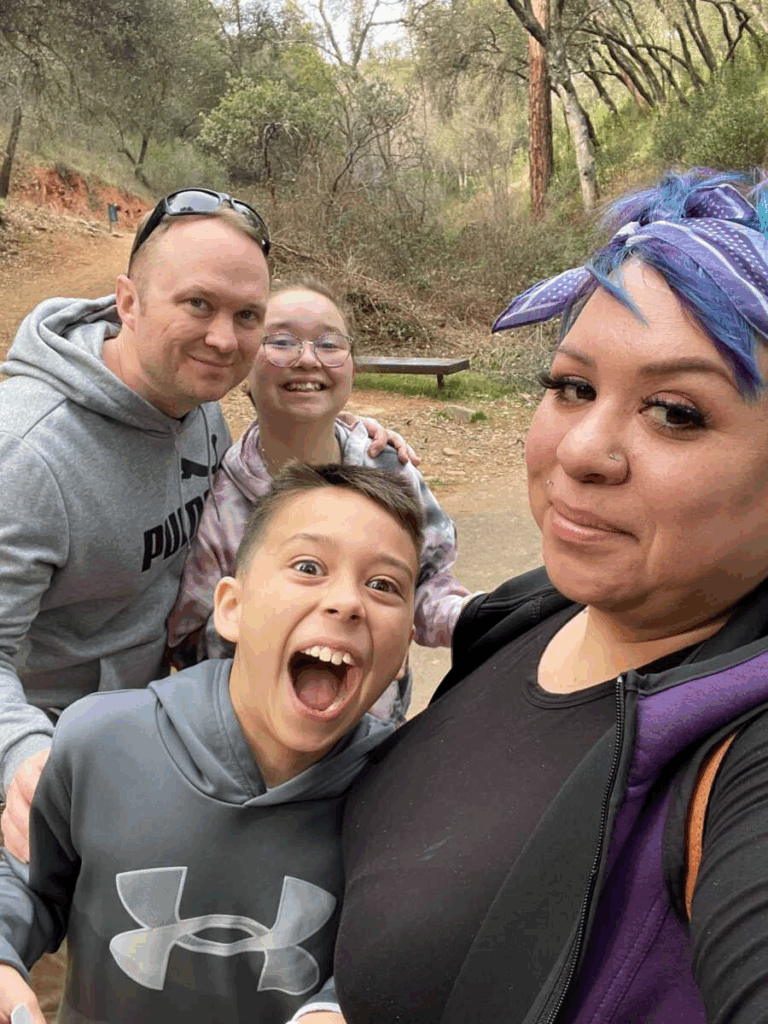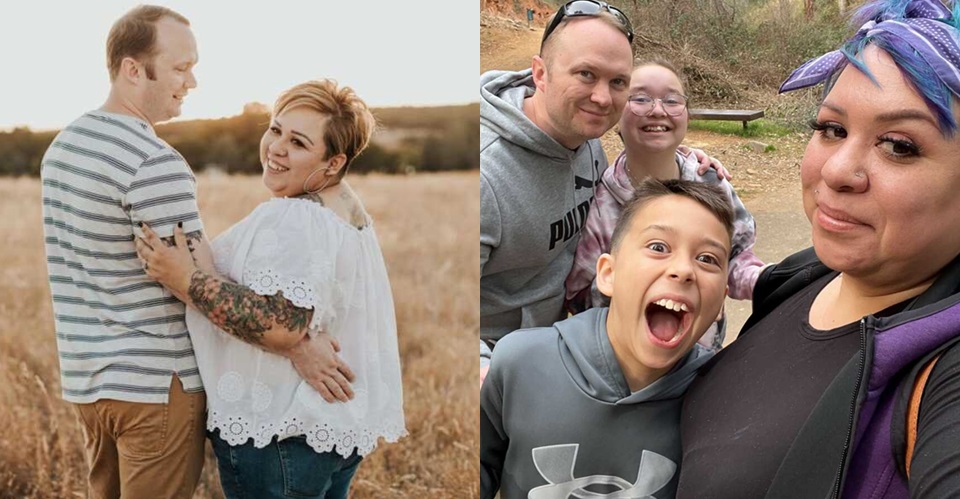She let the marriage end without letting the love end, trading vows for friendship, anger for gentleness, and a goodbye for a bow, so their kids can see that sometimes the bravest way to stay a family is to change its shape. She knew her marriage was over the day she stopped caring. They were in one of those soft arguments, the kind you keep low so the kids won’t hear, when she sat on the bed and thought, I’m done. I love him. He’s my best friend. But I can’t be his wife anymore. They were good partners: two kids, 9 and 13, prominent personalities, and bigger jokes. Family time was their sweet spot: trips, meals, and everyday chaos. The problem didn’t come from one dramatic blowup. It grew slowly over the years, the way distance does when two people are busy trying to be everything to everyone.

They fought for it. Counseling started 7 or 8 years back, squeezed between his deployments. They did the worksheets and the “love language” charts; they wrote about when they first met. He had just finished AIT and gone back to college. She had lost her grandmother and was tired of heartbreak. Meeting him felt like stepping into fresh air. Then life hit fast: marriage, babies, bills, his officer career, and her stay-at-home stretch, where days blurred into routines.
Before his second deployment, the cracks were already there. A few months after he returned, worn from a year apart, they filed for divorce. At the same time, their son was diagnosed with mild–to–moderate autism and started ABA therapy five days a week. She did mornings at therapy and nights at cosmetology school. He held down the fort when she was gone. Somewhere in that season, the roles shifted. They both started getting better for themselves and for the kids. They reconciled.

Two years later, they renewed their vows with individual and marriage counseling behind them. It was simple and beautiful. Their son and daughter stood as best man and maid of honor; old high school friends stood up for them; he surprised her with a verse in Gaelic; she promised, “Being loved by you is a gift I cherish.” For a while, it worked. Work was busy. Kid schedules were busier. They were great at being four, not so great at being two. The slide back wasn’t a crash; it was a drift. They still loved each other, but couldn’t be the partners they needed. The fear wasn’t losing a marriage; it was losing a best friend.

They told the kids after Christmas. They agreed on what to say: we love you, we’ll always be a family. She started to cry, so he took over and said, “We’re getting divorced.” Their daughter shrugged gently, “I kinda figured,” and asked what happened. “It’s about us, not you,” Mom said. Their son said, “But the wedding was beautiful.” Everyone agreed it was. “We still love each other,” they told him. “We’re just better at being best friends,” their daughter added. He nodded, happy enough to learn he’d have two rooms, and asked only that Mom not put cameras in her house.
Because California takes six months to finalize a divorce, and because they still get along, they stayed roommates. They set a schedule. She has Monday to Tuesday dinners and activities; he has Wednesday to Thursday; they alternate on Friday and Saturday; Sunday is family day. Dating stays private unless it turns serious, and even then, nobody meets the kids before six months. They want the kids to feel held by a team, not torn between sides.

Little things changed at home. A wall of family photos around a tree came down, and beach pictures of the kids soon framed an ocean canvas. Their son hated it at first, then gave in with, “I guess I like it.” Their daughter said it was sad to see the house change. “It’s my childhood home,” and then, in the same breath, “That’s okay, things change.” They let the kids be sad without fixing it. They also let them dream out loud: “Mom, you should get a house here,” “We should decorate like this,” “I’m taking that from Dad’s house to yours.” On New Year’s Day, the kids went walking with her. “Dad’s not coming? Oh yeah, you broke up,” her son said matter-of-factly, and they kept going. Grades stayed steady; activities continued; the usual kid defiance stayed usual.

The hardest part hasn’t been the four of them; it’s the chorus outside. People make guesses, compare them to old versions of themselves, or offer advice that doesn’t fit. So they’ve drawn a small circle: a few friends who can listen without judging. The kids can talk to any trusted adult they choose. The goal is not to hide the truth; it’s to carry it kindly. Looking back at sixteen years, she’s proud of them. They loved hard, fought hard, broke, forgave, tried again.
When they couldn’t be spouses, they chose to stay friends. He said best: “We’re not waving a white flag, we’re on the stage taking a final bow.” The show is over, but the company continues. They’re learning who they are again, separately, while trusting what they are together: parents who respect each other and put their kids first.











